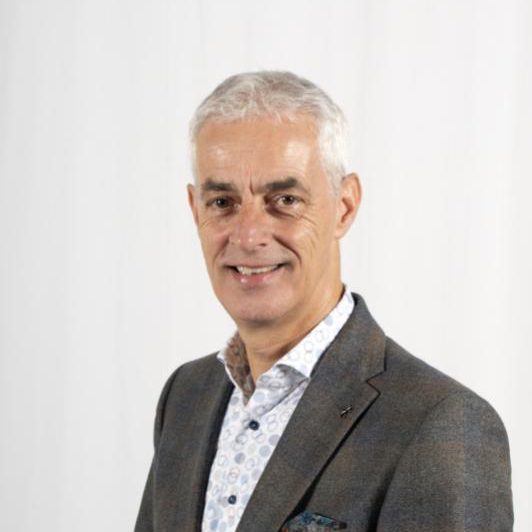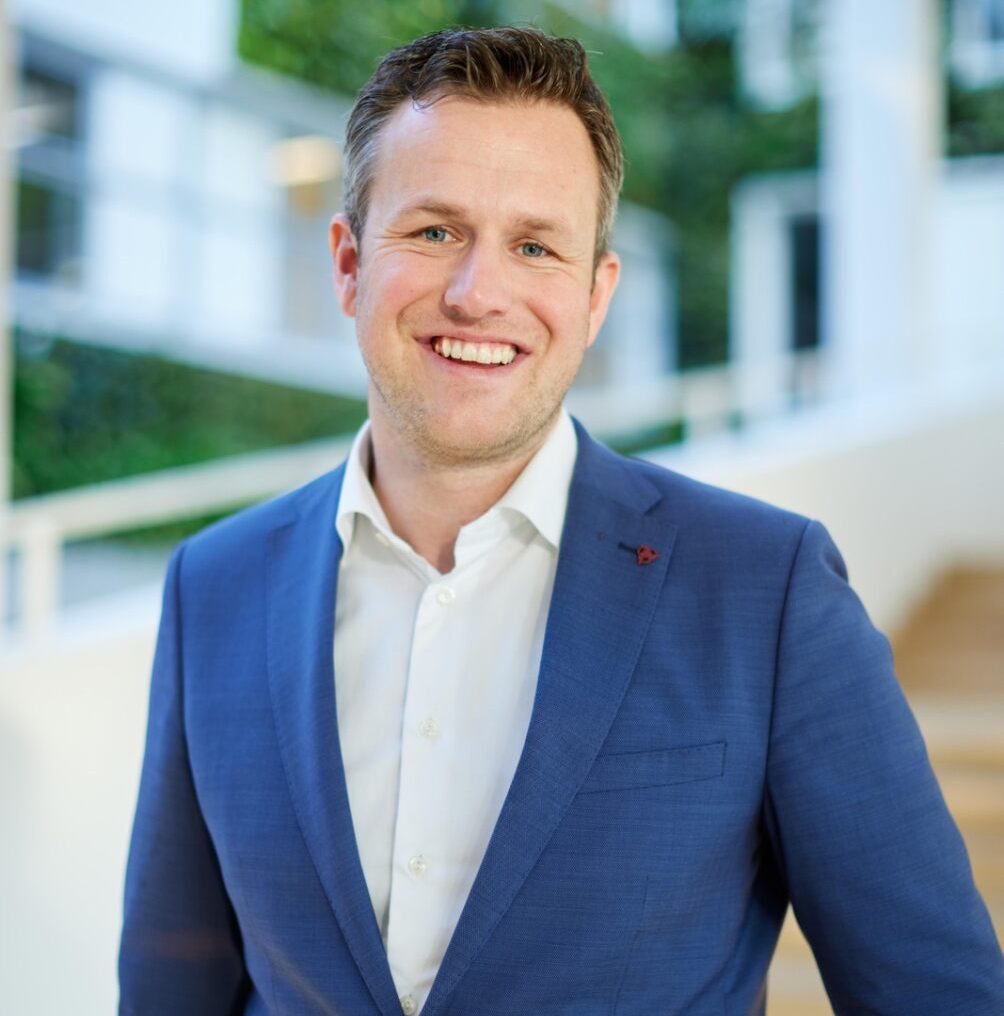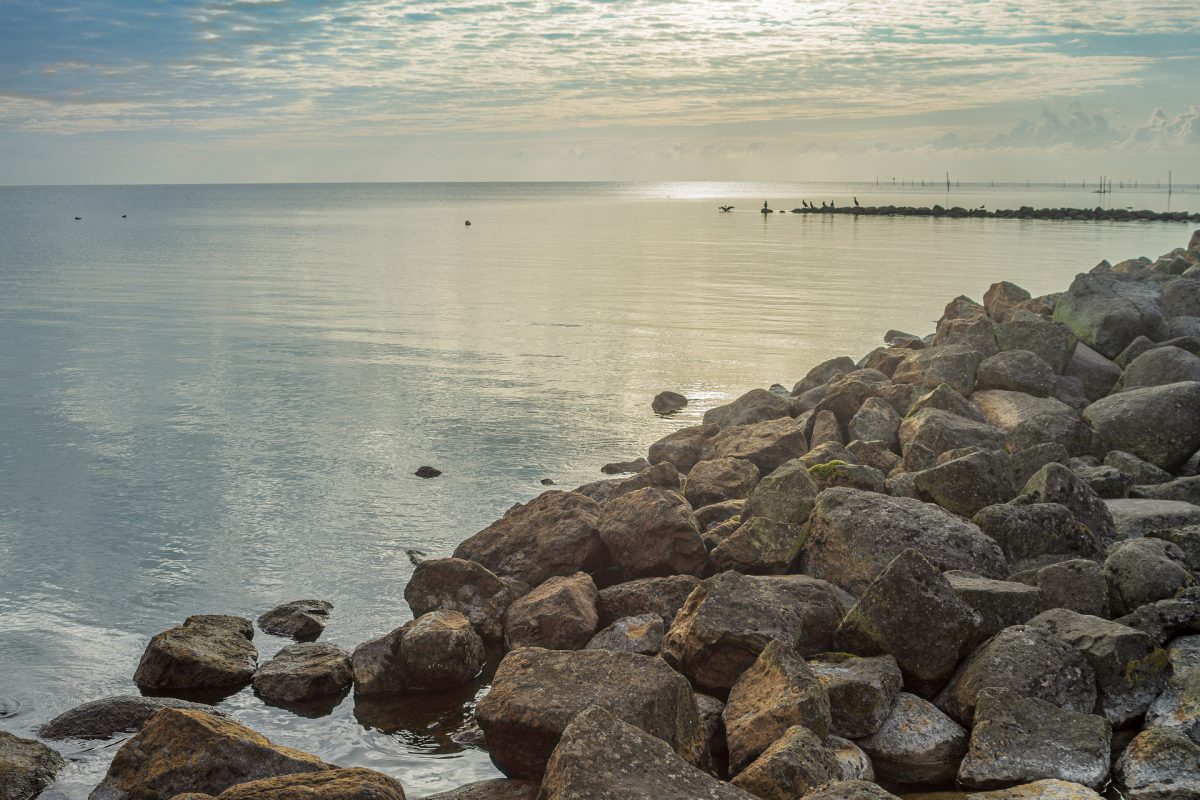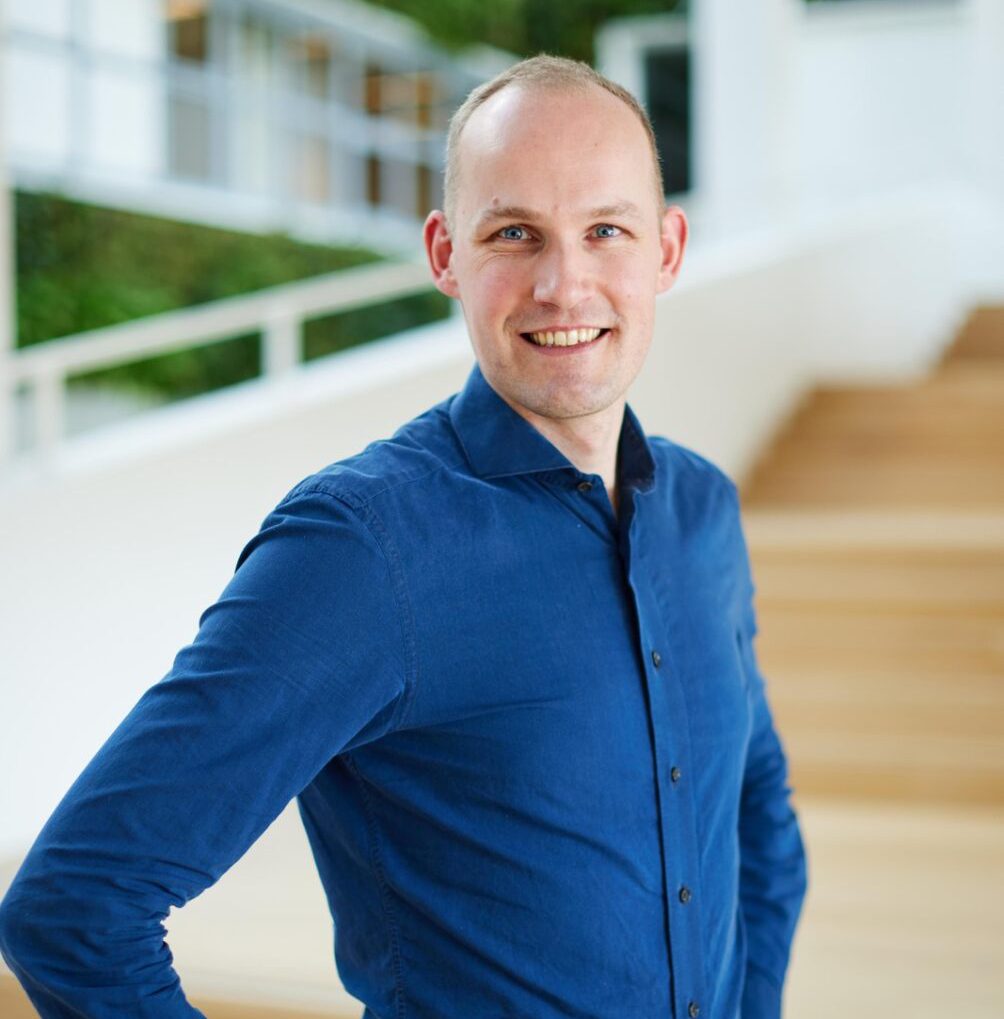IJsselmeer area 2050
The project IJsselmeer Area 2050 focused on developing a future vision (or multiple visions) for the recreation and tourism sector in the IJsselmeer area in 2050. This future vision not only served as an overarching representation for the entire IJsselmeer region but also needed to sufficiently consider regional diversity in culture and experience. These scenarios provide support for collectively exploring possibilities within the area. They assist stakeholders in deriving development paths and preparing the region for those future visions.
Reason
The reason for the project arised from the significant challenges faced by the IJsselmeer area. In response to these challenges, the State expressed in the National Water Plan 2016-2021 the ambition to formulate a collective regional agenda for the IJsselmeer area. This included the shared desire to transform the IJsselmeer area into an attractive and diverse tourist destination. The Agenda IJsselmeer Area 2050 was signed in May 2018 by more than sixty parties, including municipalities, provinces, water boards, representatives of the business sector, and environmental conservation organizations active in the region.
Problem solution
The scenarios depict images of a potential future of the IJsselmeer area in 2050, considering crucial uncertainties. Each of these images brings specific opportunities, possibilities, and threats for the future tourist-recreational development of the IJsselmeer area. Understanding these opportunities and threats helps create a realistic and desirable vision and in devising strategies to achieve it. In this way, the scenarios contribute to enhancing the future resilience of the area. The region can adapt more flexibly and anticipate changes by regularly calibrating the scenarios to new signals that may influence the future until 2050 and by adjusting the development paths in a timely manner.
The project team consisted of:
- Provinces Flevoland and Noord-Holland: client
- SWECO: Main contractor and project management
- ETFI: Subcontractor
- Ellen Baas: Project Manager (SWECO)
- Peter Bergmans: Project Manager (SWECO)
- Albert Postma: Scenario planning, process facilitation, and scenario writing (ETFI)
- Stefan Hartman: Scenario planning, process facilitation, and scenario writing (ETFI)
The project team also included representatives from the surrounding provinces (Noord-Holland, Flevoland, Overijssel, and Fryslân): Jacqueline van den Broek (Project Manager), Martijn Vos, Joris Pieter Neuteboom, and Suzanne van Noort from the province of Noord-Holland, Annerieke Veldkamp from the province of Flevoland, Hans de Haan from the province of Overijssel and Marko Vuijk from the province of Fryslân.
Approach
Within the framework of the Area Agenda, recreation and tourism are considered crucial economic sectors for the IJsselmeer region. However, their development is closely intertwined to other sectors and policy themes that impact the area, such as nature development, energy transition, and climate adaptation. Consequently, an integrated and interdisciplinary approach was adopted, involving numerous stakeholders.
In the first phase, experts identified trends and developments that could influence recreation and tourism around the IJsselmeer until 2050. Subsequently, these developments were analyzed, and the two most influential and uncertain driving forces were determined, leading to the formulation of four ‘extreme’ scenarios: Palm Island, Water Arena, Nieuwste Wildernis, and Archipel.
In the second phase, these scenarios were used as inspiration to determine the core values of the area and outline a desirable future vision. This took place in online sessions involving relevant stakeholders within and outside the recreation and tourism sector.
Finally, in the third phase, five regional sessions were organized to color the vision for different regions and formulate development paths. Stakeholders from phase two were once again involved in these sessions.
The professorship and ETFI contributed by designing and facilitating expert sessions, developing scenarios, and providing support during sessions to establish core values and a desired future vision. The visual record was provided by Jam Visual Thinking, and the online sessions were made possible by using MURAL software, designed by ETFI’s project leader.
Results
In June 2022, SWECO delivered the (interactive) final report in Dutch titled “IJsselmeergebied: de gastvrije voortuin” (IJsselmeer Region: the Hospitable Front Yard). The report explores influential developments for recreation and tourism around the IJsselmeer by outlining four future scenarios. These scenarios provide vivid descriptions and accompanying visuals of the potential appearance of the IJsselmeer region in 2050, with a particular emphasis on the characteristics of recreation and tourism. The report continues with a vision based on one of the four scenarios and concludes with a description of the development path to realize this vision. In parallel, explorations were conducted for other challenges from the IJsselmeer Region Agenda. A comprehensive consideration of interests occurred once all explorations were completed, resulting in an integrated Future Vision for the IJsselmeer Region in 2050.
This research project ran from September 2019 till July 2022






